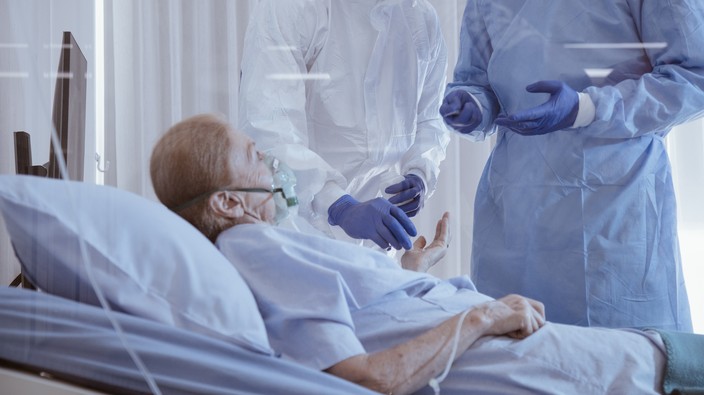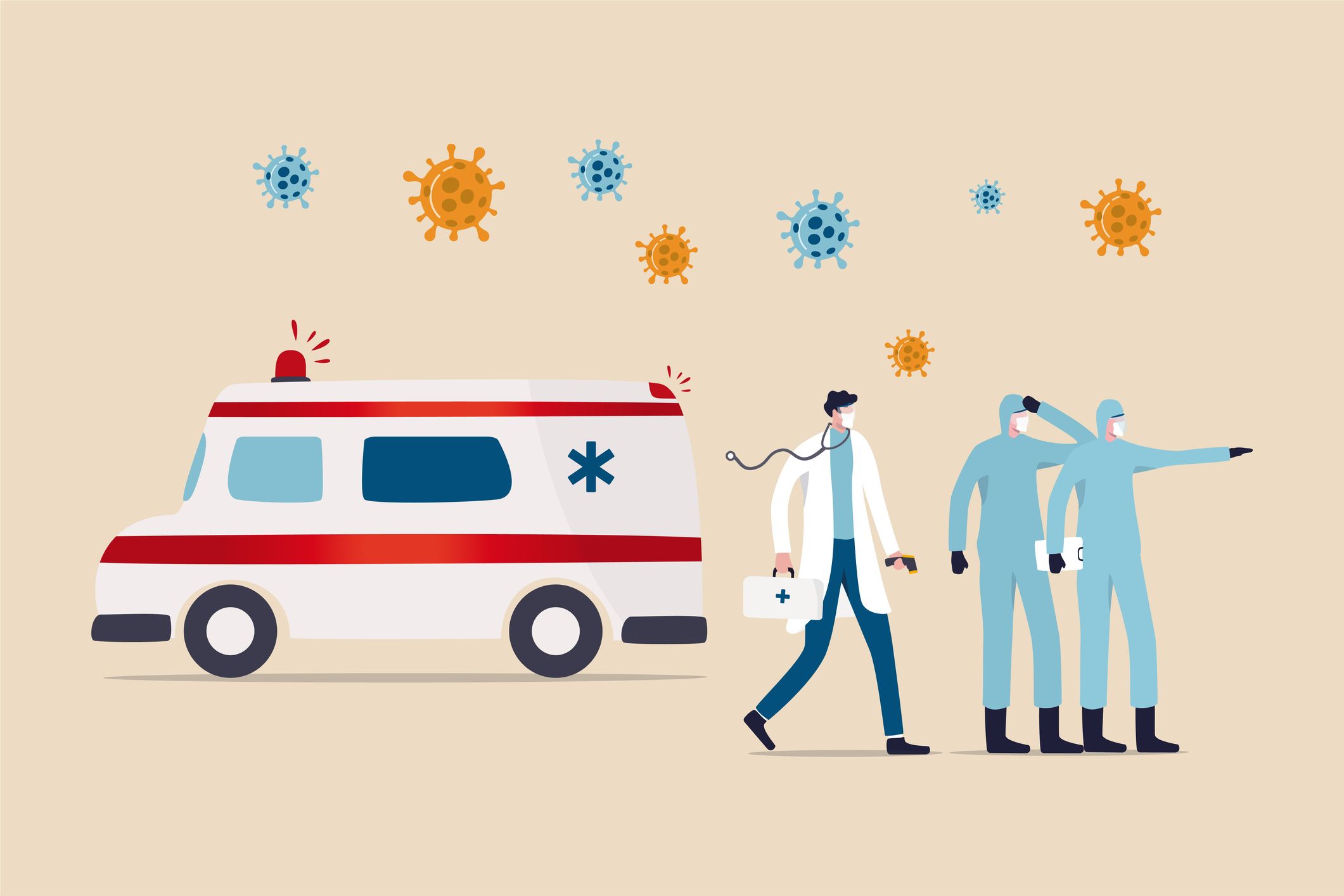- frontline healthcare workers at risk for trauma from ethical distress on the job
- “moral injury” can lead to long-term psychological damage, even suicidal ideation
- ptsd experts in canada and australia call for concrete protections for healthcare essential workers
- newly launched guide offers advice such as rotating staff between high- and low-stress roles
essential workers have already suffered disproportionately high rates of infection and death from covid-19. months into the global pandemic, another alarming repercussion from simply showing up to the front line is emerging — the invisible long-term damage from “moral injury,” which experts say demands urgent action.
what is moral injury?
moral injury can occur when an individual either witnesses or must perform an action that goes against deeply held beliefs about what is right and just. first identified in military veterans and first responders, symptoms may include feelings of anxiety, fear, shame and anger, and lead to withdrawal from others, substance misuse, even suicidal behaviours.for healthcare workers in a system overwhelmed by more patients than it can feasibly treat, ethical distress may result from not being able to provide care in the way they have been trained or from the pressure to make impossible decisions around life-and-death treatments.in china, for example, makeshift hospitals were built to make room for more beds at the same time that physicians had to turn away non-covid patients. in italy, doctors were forced to withhold limited ventilators from the elderly for use by younger, healthier patients. now, parts of the united states face completely full icus.other frontline workers may feel efforts to limit the risk of infection from covid-19 is letting patients down — personal support workers (psws) in long-term care facilities with inadequate protective gear to cover typical care; physicians forced to delay non-essential medical procedures; therapists discontinuing face-to-face appointments.moral stressors also go well beyond the traditional hospital setting. sarah beanlands, a nurse at a supervised consumption site in ottawa, says lack of touch, maintaining a two metre distance, and wearing full ppe — gowns, goggles, face shields and face masks — has made it hard to help clients feel accepted and welcomed, especially those who already feel judged or stigmatized and are at risk of overdose.experts on post-traumatic stress disorder (ptsd) say that racialized frontline workers are especially at risk of moral injury.“members of racial minorities working in healthcare often have to deal with discrimination from their patients, and when colleagues who are not people of colour ignore such occurrences this can lead to a sense of betrayal, which compounds moral distress.” says fardous hosseiny, vice president of research and policy at the
centre of excellence on post-traumatic stress disorder at the royal ottawa hospital. “given that people of colour are disproportionately affected by the virus, healthcare workers may also struggle with distress stemming from a sense of identification with patients, who may remind them of loved ones.”despite this compounded trauma, racialized healthcare workers may be reluctant to discuss their frustrations or stress due to fear of professional repercussions.to better protect those on the frontlines, specialists on ptsd from two countries are now calling for action from all levels of healthcare organizations. a new guide created by ottawa’s centre of excellence on ptsd and the
phoenix australia centre for posttraumatic mental health outlines a framework to prevent moral injury and interventions for those already suffering from it.“we need to have supports developed and ready at the organizational, team, and individual levels before our health care workers need them — not after the fact,” says dr. patrick smith, ceo of the canadian centre.among the recommendations are monitoring stress amongst staff and providing them with flexible schedules, providing access to psychological support, creating a culture of self-care and positive coping strategies, “up-skilling the workforce with psychological first aid training” so both peers and leaders can watch for signs of trauma and get help, and alternating between low- and high-stress shifts so that “staff who do not want to identify that they are struggling emotionally” can take time for self-care.healthcare organizations are also urged to take difficult treatment and standard of care decisions off of those who deal directly with patients “to reduce the moral and ethical burden of frontline workers.”as the country moves into what could be a second wave of the pandemic, these protections for healthcare workers will be even more critical. as the guide puts it, “moral stressors are inherent in the covid-19 environment and cannot be ‘designed out’ of the work.'”read the full guide
here.
diana duong is a writer and editor at healthing. find her on twitter @dianaduo.dduong@postmedia.com don’t miss the latest on covid-19, reopening and life. subscribe to healthing’s daily newsletter coming out of covid.
 3 minute read
3 minute read









